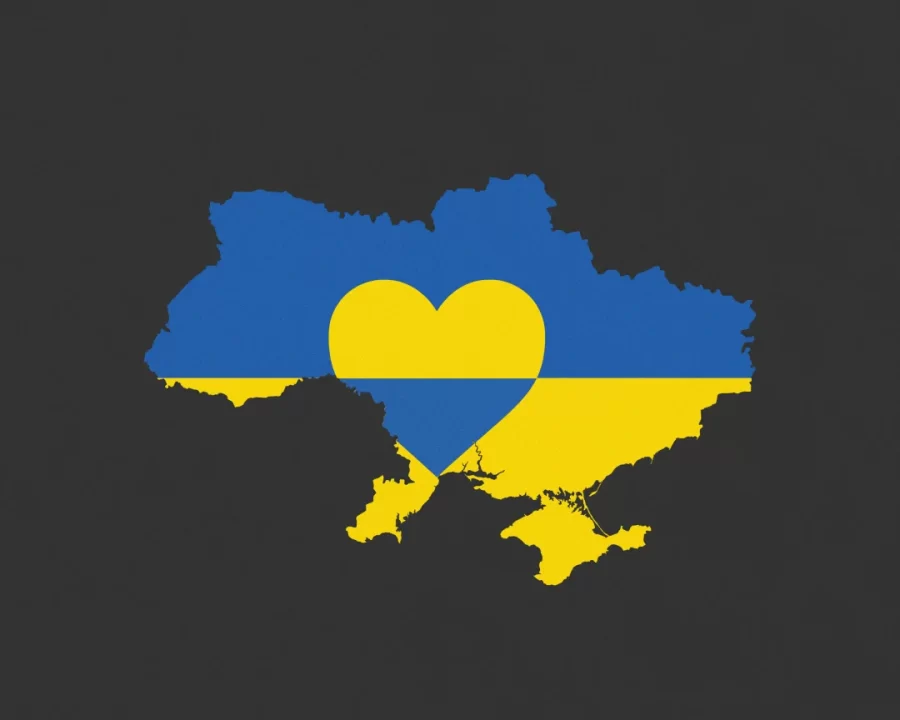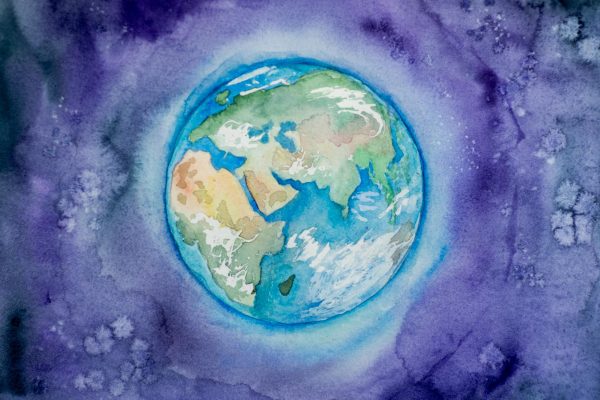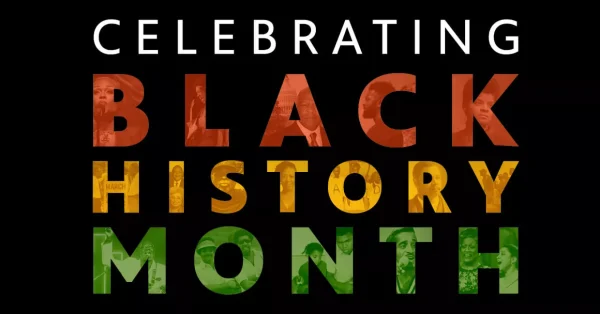Fleeing Ukrainian Refugees
The Russian invasion of Ukraine triggered the worst humanitarian disaster since World War II. Many even refer to this event as World War III. Thousands of civilians suffer an unimaginable death, and millions of people’s livelihoods are impacted due to displacement, homelessness, and lost income. On the ground, attacks on hospitals and residential buildings persist in and around major Ukrainian cities.
When Russia launched a full-scale military invasion into Ukraine in late February, the conflict resulted in over 2,000 civilian deaths. Already ten million Ukrainians are fleeing to neighboring countries, most of whom have arrived in Slovakia, a landlocked country in Central Europe, and Poland, a NATO country where US troops are offering aid to refugees. A further 6.5 million people are likely to be internally displaced within the war-torn country, and the 3.6 million have fled to neighboring countries. Fortunately, the United States has given Ukraine more than $1 billion in aid over the past months.
What Triggered the Attack?
This attack was not a rash decision but a carefully devised plan with months of preparation. Russia began deploying troops and military equipment near the border of Ukraine in October 2021, inflaming fears of an attack. Armor, missiles, and other powerful weapons were seen advancing into Ukraine in November and December 2021, according to commercial satellite images, social media reports, and publicly released intelligence. By December, more than a hundred thousand Russian troops were stationed along the Russia-Ukraine border, and US intelligence sources warned that Russia could be plotting an assault for early 2022.
To confront Russian forces stationed near Ukraine’s border and reassure NATO allies, US President Joe Biden authorized roughly 3,000 US troops to send to Poland and Romania (NATO nations bordering Ukraine) in early February 2022. Satellite images revealed Russia’s most significant force deployment near its border with Belarus since the Cold War.
The United Nations, the G7, the EU, and other nations have all denounced Russian operations and supported Ukrainian forces. Of the UN’s 193 members, 141 member states voted in an emergency session to condemn Russia’s invasion of Ukraine and urge that Russia cease to use its force on Ukraine immediately. The US has imposed escalating restrictions on Putin’s and Russia’s foreign minister Sergey Lavrov’s financial assets and suspended Russian banks from the global SWIFT financial messaging system, and prohibited US imports of Russian oil and natural gas.
The Most Vulnerable
The most vulnerable will once again take the burden of the effects. Vulnerable populations are more likely to become refugees, and they will struggle to cope with increased food and fuel prices. As civilians escape from approaching death, trains traveling to Ukraine’s border have been overcrowded, while traffic on roads leading out of the country is for miles. As a result, international aid operations are underway to meet people’s fundamental needs for food, shelter, and psychological protection, both inside and outside crisis zones. For example, in countries bordering Ukraine, there are reception centers available, food and medical attention are provided, and information about further travel.
Ukrainians escaping the war can also work in any of the EU’s 27 member states for three years. They will also receive welfare benefits, housing, medical care, and education.
Poland’s government has taken 2 million refugees, which is the most out of all the countries. Unfortunately, there comes a price with benevolent actions, and the Polish government stated that it will require more funding than the EU is presently providing to accommodate the current influx.
Instead of waiting for the government to aid refugees, many concerned citizens of neighboring countries are taking matters into their own hands.
The “Good Samaritan” – Sabina’s story
Birthdays are usually the time for gifts and presents. Thinking about others’ wants and needs on a birthday is out of the question-except for any good samaritan. On the other hand, Sabina Z., a native Polish living on the borderlines between life and death, received the gift of a lifetime on her birthday.
On March 5th, when Sabina was celebrating her birthday, she received a phone call from a concerned father seeking shelter for his family of three. The distressed family was already in transit through a war zone, and they traveled 1400 km to Poland. “It took them four days to get to us. It was very emotional for them and us who waited.”
Four days later, the family of three who joined their home quickly became new community members, as they took active parts in everyday life, such as preparing meals and household chores. The children ages 7 and 13 attend school and complete after-school activities with Sabina’s children. The most important bonding activity the families do is learn about each other. On the weekends, Sabina shows them the local area and often goes sightseeing in Poland.
Sabina was inspired to accommodate families in need, as she saw significant impacts every day. She recalls, “There are many people with good hearts helping in any way they can. Some offer housing, others work, transportation, food, and other necessities. Poland has a very fragmented immigration system, and it is mostly up to us, the citizens, to handle this refugee crisis. I hope the EU implements some global solutions and financial help to handle this crisis as the citizens will not be able to bear all this weight independently. There are still many in need, and I am afraid that we will not be able to help everyone.”
Despite all her impactful actions, she does not consider herself a hero. She believes, “My new Ukrainian family and others who traveled here and those who stayed in Ukraine should be considered heroes… not us. I believe that my need to help those in need feeds on the tradition of empathy in my family. There are still many families living in stadiums, sports centers and need a better place to stay and recover. We must stand tall and fight alongside.”
With more families traveling across the borders, there are various opportunities to help, even if one cannot accommodate families. “Just last weekend, Ukrainian families staying in our area were given a chance to prepare a traditional meal for over 80 citizens,” Sabina comments. Many places also offer ways to help to integrate the refugees with locals.
Technology and the internet are crucial in connecting Ukrainian families in need with individuals and communities offering help, transportation, and housing. Sabrina joined the family through a website ( https://help4ua.org) and used social media to support their needs. For example, she explains, “The families staying in my town needed backpacks and school supplies for children joining our schools- all items were delivered within an hour of the placement of the post on Facebook. Music instruments, home appliances, strollers for infants, food, bicycles for children are also located and delivered by connecting people via social media in Poland. These groups are now joined by families from other countries who would like to help or offer shelter.”
It was the worst of times, and it was the best of times. The situation that many neighboring countries find themselves in is seen as a negative aspect, but Sabina refers to her dilemma as a calling for humanity to come together: “I believe that this situation released a lot of “good” in people here in Poland and worldwide. Mahatma Gandhi once said, “The best way to find yourself is to lose yourself in the service of others.” This is what we are doing now. I believe that as a nation, we stood up to the situation. Looking at the dynamics of the challenges and the great involvement from many brings back my faith in humanity. The empathy is still awake in many of us.”
More Ways To Help
- CARE – Ukraine Crisis Fund—collects funds to send immediate aid—food, water, hygiene kits, and services; prioritizes support for women, girls, and the elderly.
- Doctors without Borders—supporting with medical help and supplies
- International Rescue Committee—global humanitarian aid and relief organization that supports refugees around the world.
- Save the Children – Ukraine Crisis Relief Fund—international humanitarian organization that is focused on improving the lives of children around the world in addition to providing emergency aid in natural disasters, war, and other conflicts.
- United Help Ukraine—Maryland-based volunteer organization that funds first aid kits, humanitarian relief, and emergency medical care
- Voices of Children—Ukrainian organization supporting children with psycho-social support.





